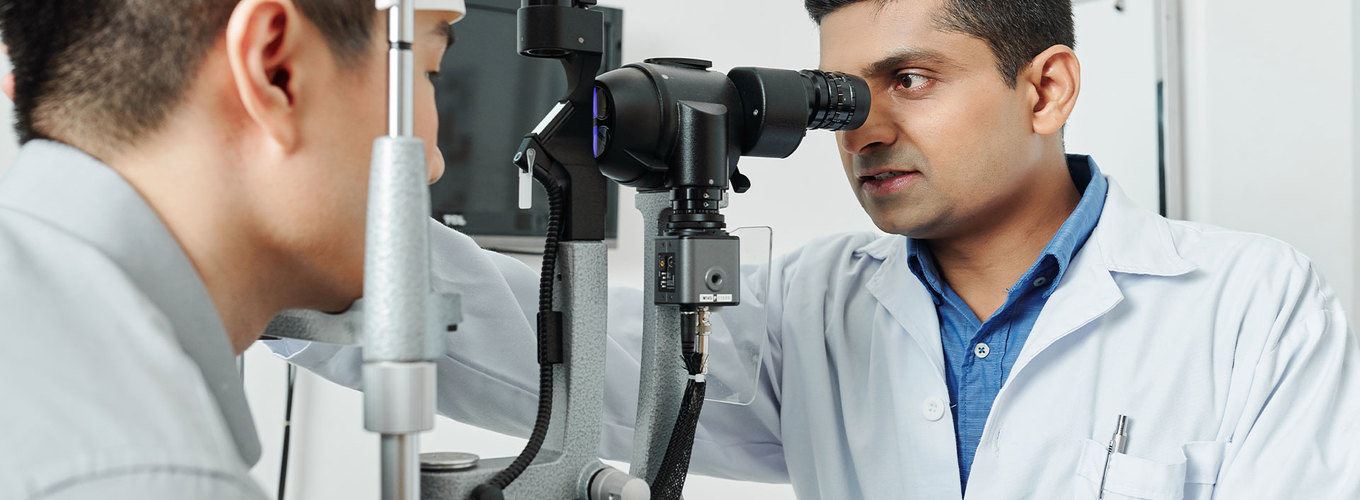Six Tips for Healthier Eyes
1 Take care with screen time
Looking at screens all day may make your eyes tired and cause eyestrain. Follow the 20-20-20 rule when logging screen time. This means for every 20 minutes you look at a device screen, you should gaze at something that is at least 20 feet (6m) away for 20 seconds.
2 Practice proper contact lens care
Protect your eyesight by taking good care of your contact lenses. Wash your hands thoroughly before taking contact lenses in or out; wash and dry your case after every use; replace the case every month; take your lenses out before you go to sleep at night and do not wear lenses longer than is recommended.
3 Protect your eyes from the sun
Potential eye health problems that result from excessive UV sun exposure include cataracts and macular degeneration. Always wear sunglasses that block 99% to 100% of UVA and UVB rays when you are outside, even on cloudy days.
4 Nourish your eyes
Eating a healthy balanced diet reduces your risk of eye disease. Include lots of omega-3 fats, found in oily fish, and lutein, found in dark green, leafy vegetables such as spinach and kale. Vitamins A, C and E are also helpful, so eat at least five portions of fruit and vegetables a day.
5 Watch out for other health conditions
Health conditions not normally associated with the eyes can affect vision. Diabetes and high blood pressure can cause changes in blood vessels that diminishes blood flow to the eyes. This in turn may cause vision to deteriorate. Make sure your optometrist knows your current and past health history as well as your family history of eye diseases and other serious conditions.
6 Regular eye exams
If you want good eyesight and healthy eyes, see your optometrist regularly for an eye exam. Even people who do not wear spectacles should get their eyes and vision checked regularly. Eye exams can detect many problems like farsightedness, presbyopia, astigmatism, glaucoma, and macular degeneration. Make sure you get an exam regularly to keep your eyes healthy, because prevention and early detection is key when it comes to eye diseases!
 Free Delivery
Free Delivery
 Price Match Promise
Price Match Promise
 Medical Aid Approved
Medical Aid Approved
 Purchase on account
Purchase on account

 Email
Email Call
Call





 info@contactlensclub.co.za
info@contactlensclub.co.za 087 210 0355
087 210 0355